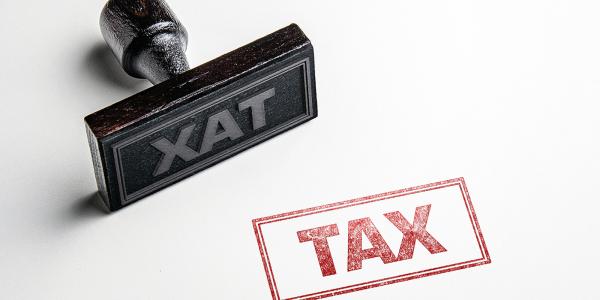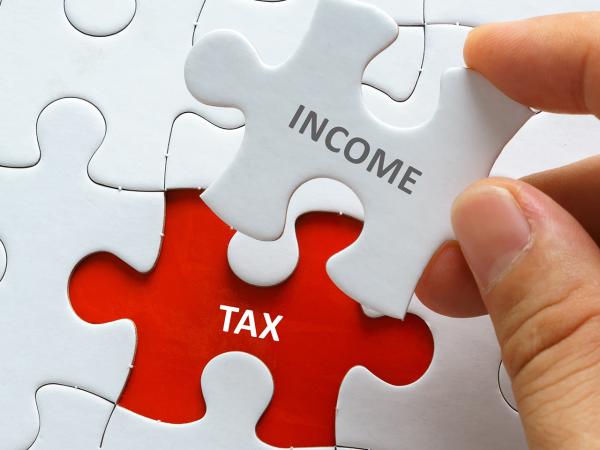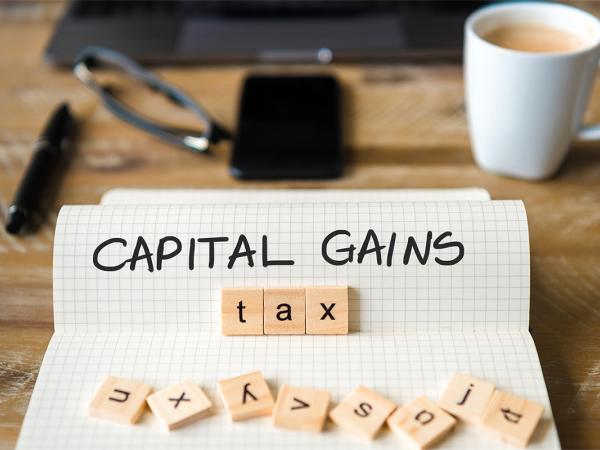Tax - an introduction
Here, we briefly explain what tax is and who HM Revenue & Customs (HMRC) are.

Content on this page:
Tax
Tax is a ‘financial charge’. It might be:
- a deduction from (or an amount you have to pay out of) something you get or own, or
- an additional cost added to something you buy.
Tax is not a penalty or fine for doing something wrong. Normally, governments collect taxes so that there is money to spend for the benefit of society. This might be for:
- law enforcement, including the police and courts,
- infrastructure, like roads and pathways, and
- administration.
The UK government also uses tax to fund various public services, including healthcare and welfare benefits.
The UK has many taxes – some are ‘direct’ taxes and some are ‘indirect’ taxes.
Direct taxes
Some taxes are known as direct taxes if they are charged on the income or profits of the person who pays it, rather than on goods and services.
The main example is income tax, which you can see being taken from your pay or which you have to pay direct to HMRC. Other direct taxes include corporation tax, capital gains tax and inheritance tax.
Indirect taxes
Indirect taxes are charged on goods and services. The most well-known example of an indirect tax is value added tax (VAT). This is less obvious than a direct tax as it is included in the price of things that you buy.
National insurance
National Insurance is not strictly a tax. It was originally a contributions-based system of insurance for support from the government in times of need such as ill-health, disability or retirement, paid by workers and employers.
The link between individual contributions and benefits has gradually weakened, but the number of years for which you make National Insurance contributions still affects some welfare benefits, including your entitlement to the state pension.
Devolved taxes
The UK parliament has devolved some powers to the national parliaments in Scotland, Wales and Northern Ireland. These include some tax powers.
The Scottish parliament has the power to set some rates and bands of income tax.
The Welsh parliament has the power to set some rates of income tax.
Tax authorities
HMRC are the UK tax authority. They are responsible for collecting and managing most UK taxes. They also interact with other government organisations – for example, they collect most student loan repayments. Student loan repayments are not a tax; they are repayments towards money that students have borrowed in the past. However, because they are calculated as a deduction from income, the tax system is a convenient way to collect them.
HMRC also collect and manage Scottish income tax on behalf of the Scottish government, but Revenue Scotland collect and manage devolved taxes in Scotland.
HMRC also collect and manage Welsh rates of income tax on behalf of the Welsh government, but the Welsh Revenue Authority collects and manages devolved taxes in Wales.
HMRC also pay some welfare benefits, like tax credits and child benefit. See our Benefits section for more information.
Local councils are responsible for collecting council tax and rates.
The Driver & Vehicle Licensing Agency (DVLA) collects vehicle tax.
HMRC Charter
You can find HMRC’s Charter on GOV.UK. The charter sets out the standards of behaviour and values that HMRC should aspire to in their dealings with people and businesses using their services.
HMRC also have a Personal Information Charter, which explains what personal information they can collect about you, how they may collect the information and what they use it for.



